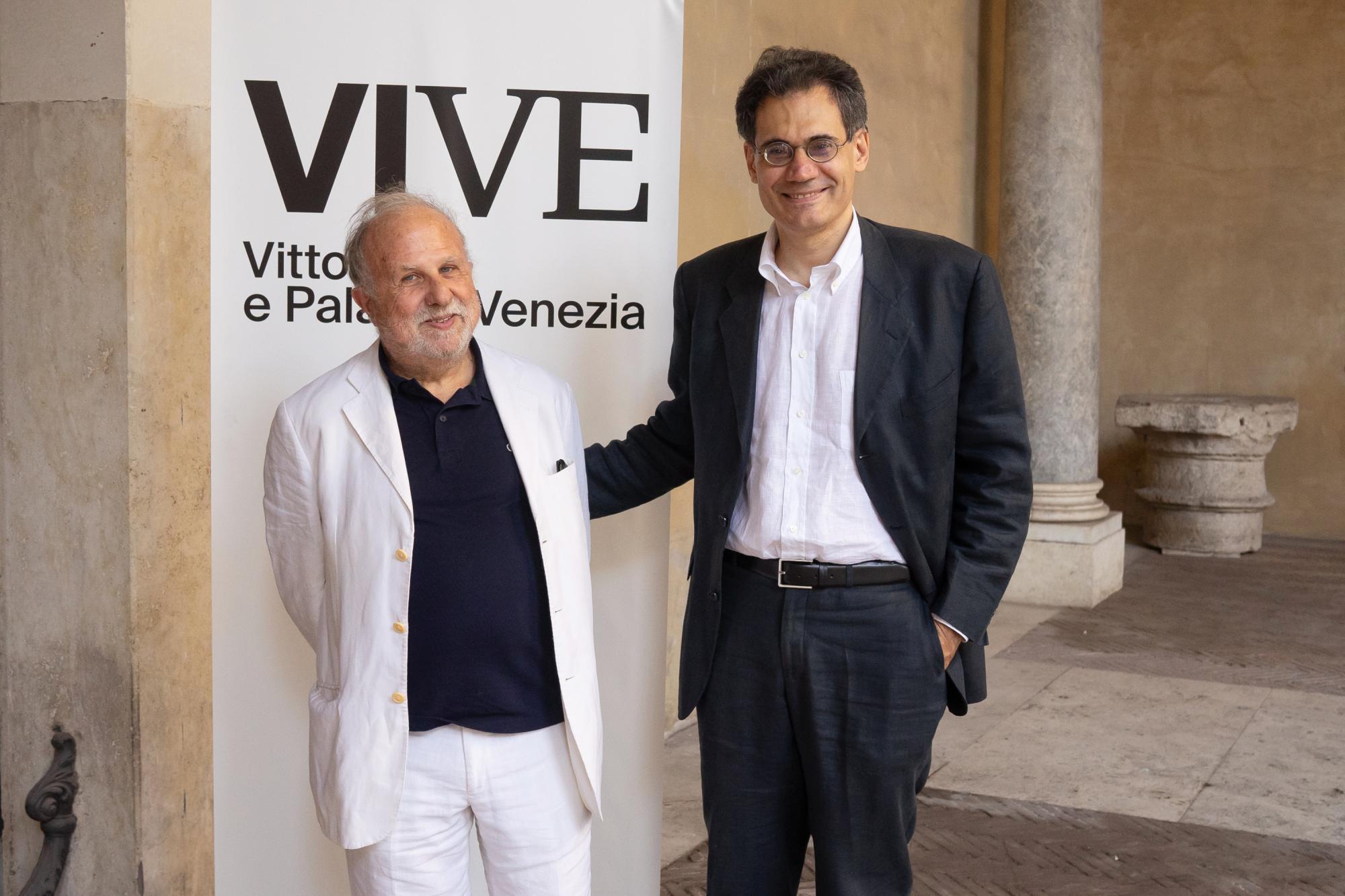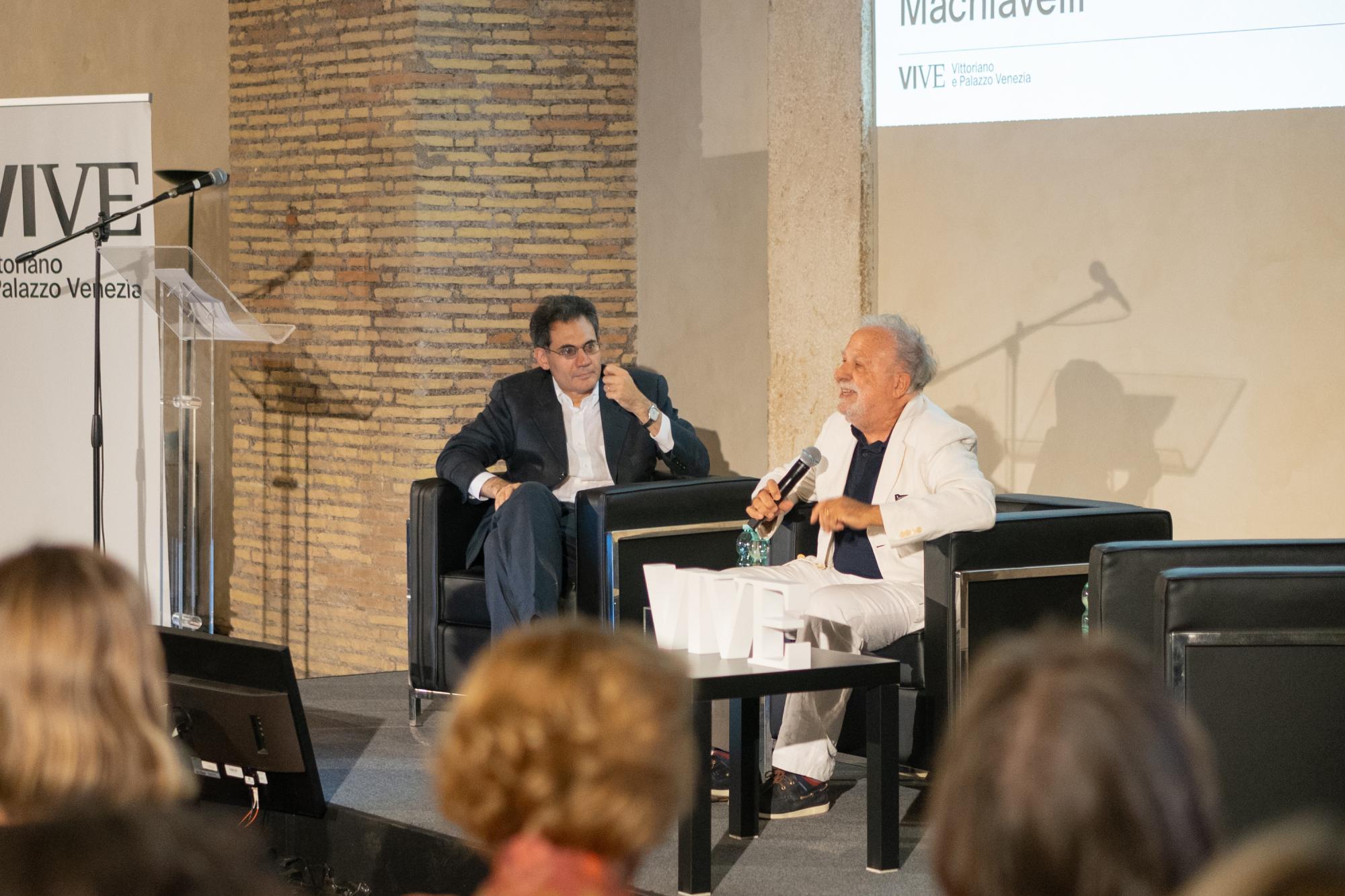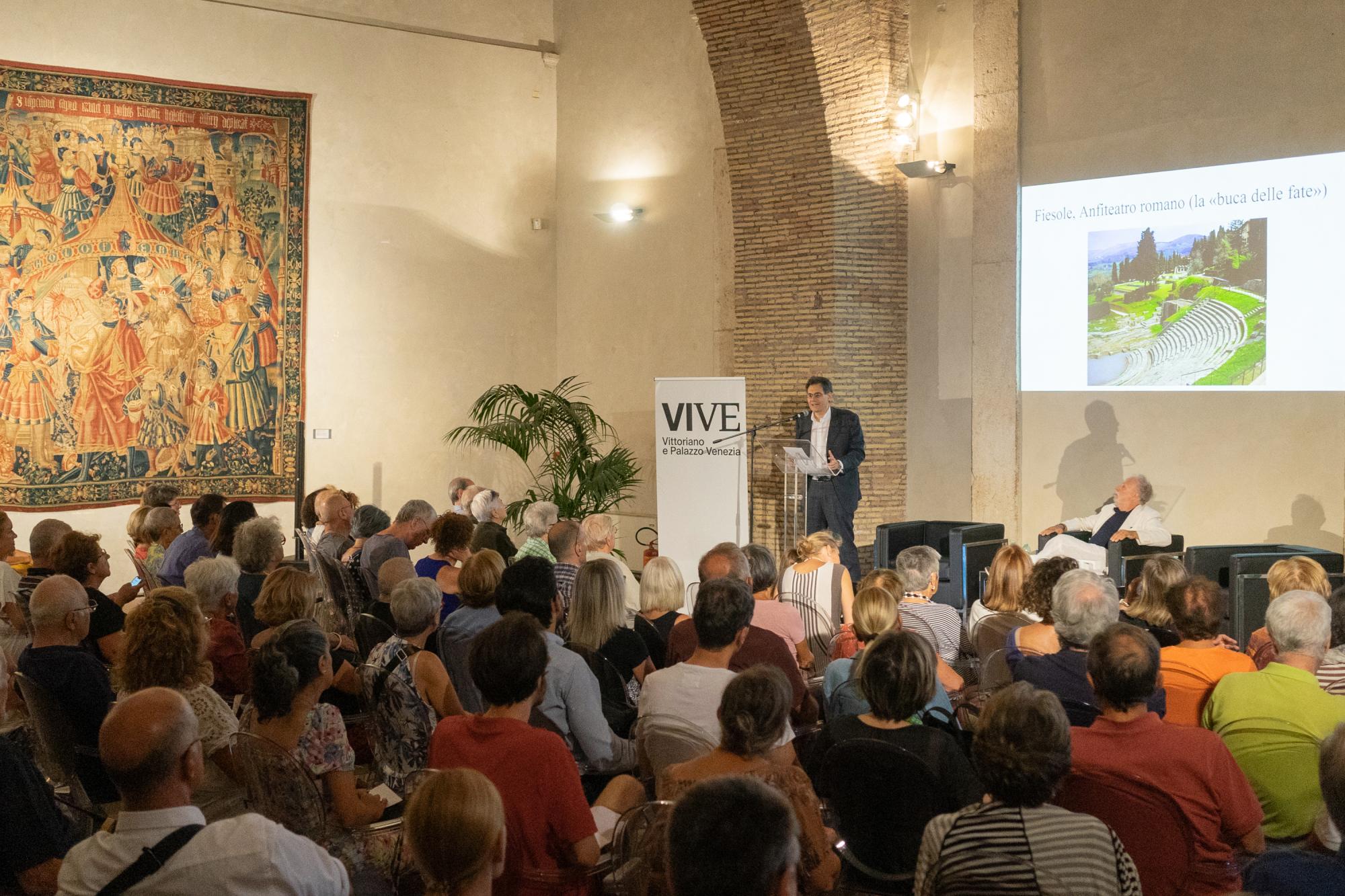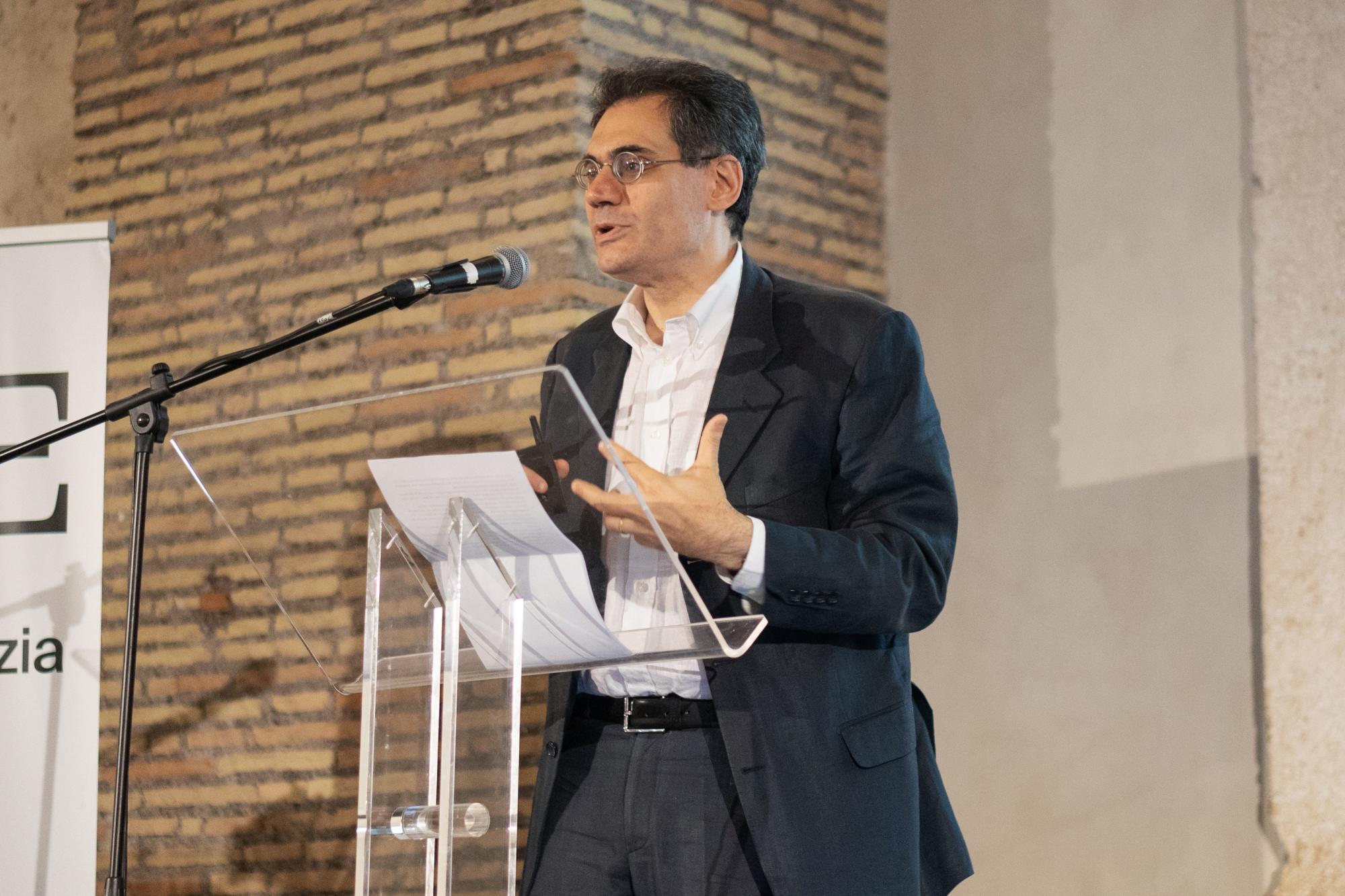SERIES: From Rome to the rest of the world. Tales from a past that lives on - Under the aegis of Francesco Benigno, professor of Modern History, Scuola Normale Superiore in Pisa
SPEAKER: Gabriele Pedullà
DATE: Thursday 7 September, 6pm
PLACE: Palazzo Venezia, Sala del Refettorio
Rome played a special part in Niccolò Machiavelli’s work, even more than his life (he lived there for only a short time). First he spent years reading about the city, to derive a distillate of the political wisdom of the ancients from the Latin and Greek historians (above all Livy and Dionysius of Halicarnassus), and apply it to his own world. Machiavelli, however, never stopped reflecting on the new Rome of his time: the city of the popes, with the corrupt (and corrupting) customs of the Curia (as we read in his Discorsi sopra la prima deca di Tito Livio), and also with the great opportunity that the election of a Florentine, Leo X, to the throne of Peter in 1513 seemed to offer for an Italy invaded by Spanish and French troops and unable to unite against them. The Rome of the past and the Rome of the present, in short, were closely entwined in Machiavelli’s thinking about the ways to emerge from the political crisis that his generation was experiencing with particular harshness as the dramatic end of an entire civilisation.














